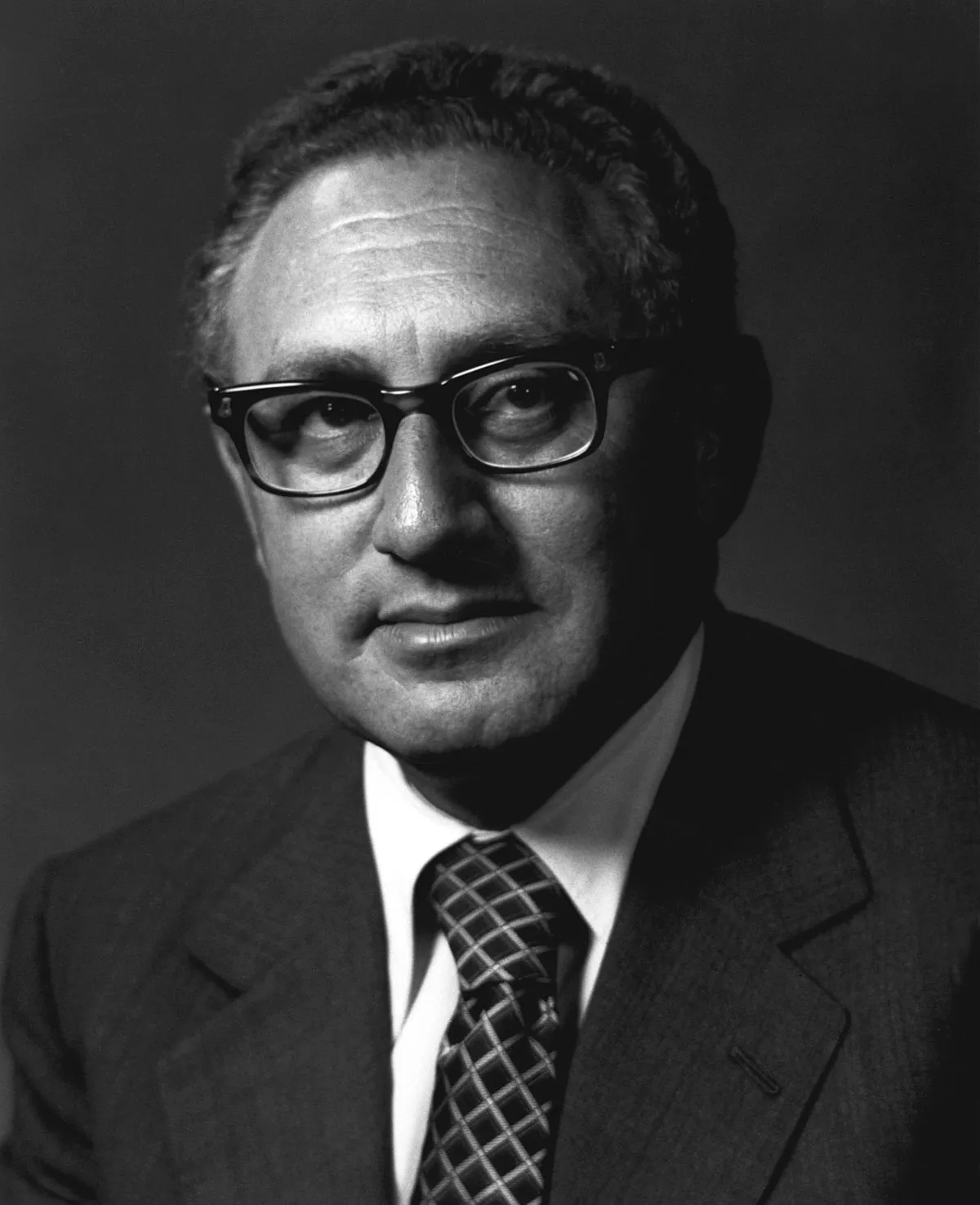 1.
1. Henry Alfred Kissinger was an American diplomat and political scientist who served as the 56th United States secretary of state from 1973 to 1977 and the 7th national security advisor from 1969 to 1975, serving under presidents Richard Nixon and Gerald Ford.